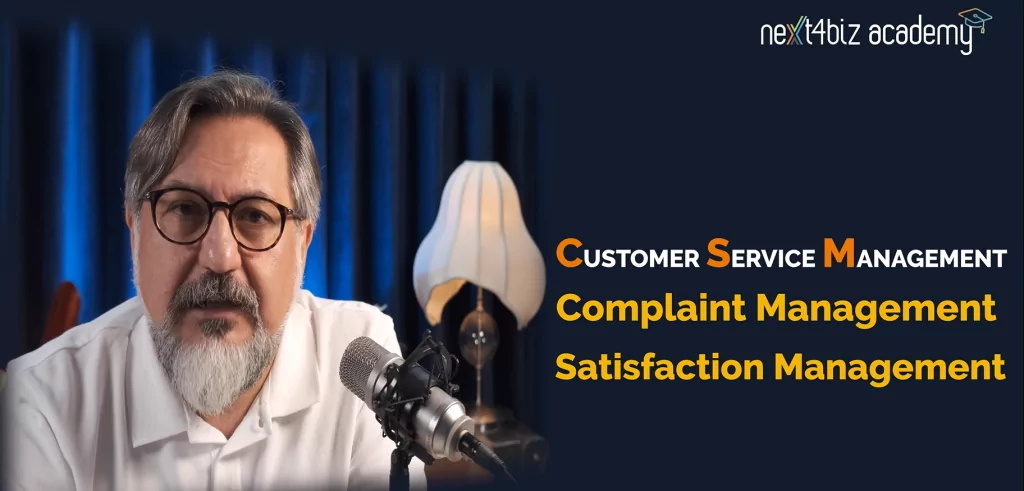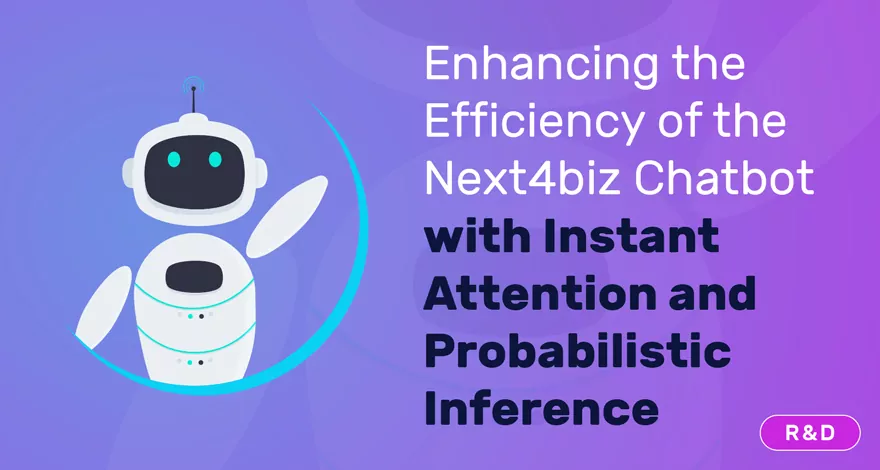Demo

The main purpose of this business model is to develop a mutually beneficial relationship between suppliers and retailers. The B2B2C model also allows companies to monitor the financial and corporate processes between commercial customers and consumers in real time.
As the B2B2C business model is often extended to e-commerce, it is crucial that these CSM, CRM, and BPM softwares not create any additional IT costs, and they must be cloud-based. An omnichannel infrastructure should allow users to listen to customers on all channels and devise process management according to corporate rules and without depending on key individuals. Since digital marketing and sales are crucial in e-commerce, these departments should be able to monitor every step that current and potential customers make and formulate unique marketing strategies for each event.
Here, we have outlined the three critical aspects of this business model:
1. Do Not Let Your Customers Abandon You
Ensuring customer loyalty in your sales processes is just as essential to the health of the company as the products and services you have developed. Digital transformation in customer service should place the customer at the center to enhance competitive strength. This will prevent your workflows from being dependent on key individuals and help you achieve a more sustainable level of customer satisfaction.
2. Get to Know Different Customers
Traditional segmentation tends to be boring and to lead to corner-cutting. Difficulties in integrating or updating customer data, or eliminating inconsistencies, results in inefficient databases. However, you cannot market without data. The more up-to-date and editable your customer data, the more coherent your marketing strategies will be.
3. Digitalize Business Processes with a Customer-Oriented Approach
Competition may necessitate that you make changes to your business operation methods quickly. However, it may take months or even years to completely adapt your business process infrastructure. In that case, it’s critical that you shorten your business development duration, lower coding and consultancy costs, promote rapid digital transformation and minimize costs. You must be able to design and operate your own processes and interfaces without having to write any code.







